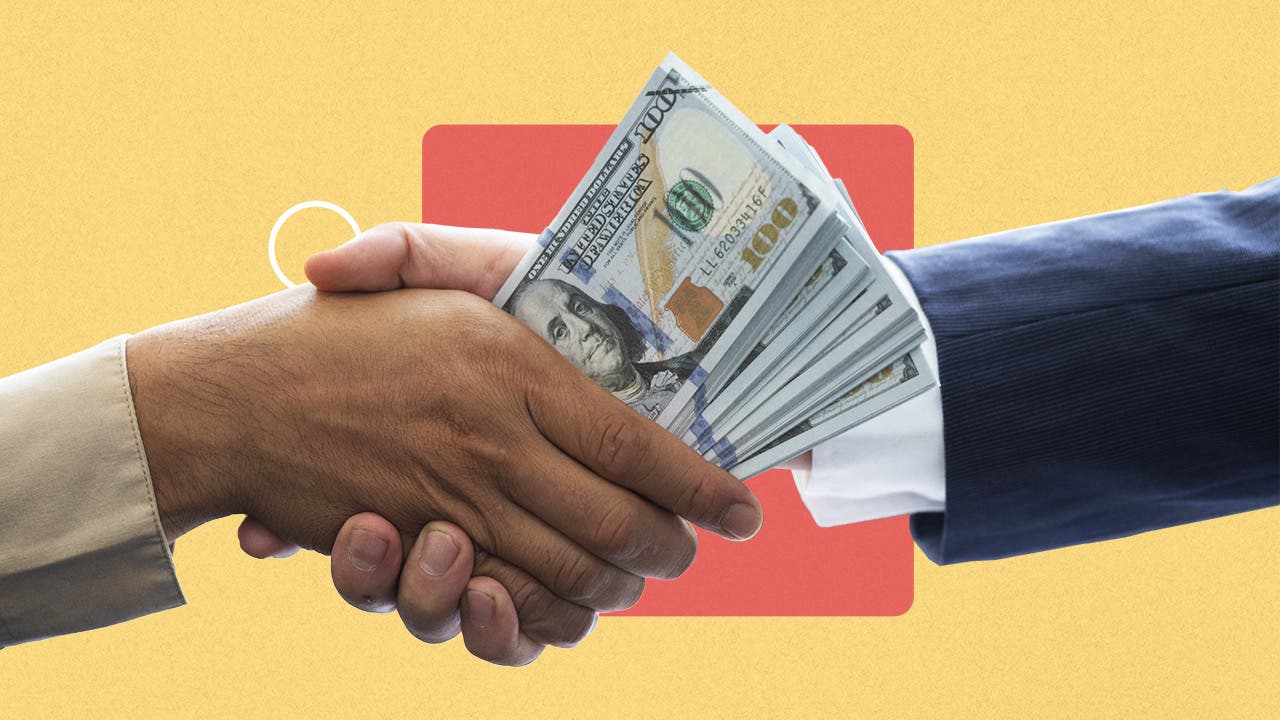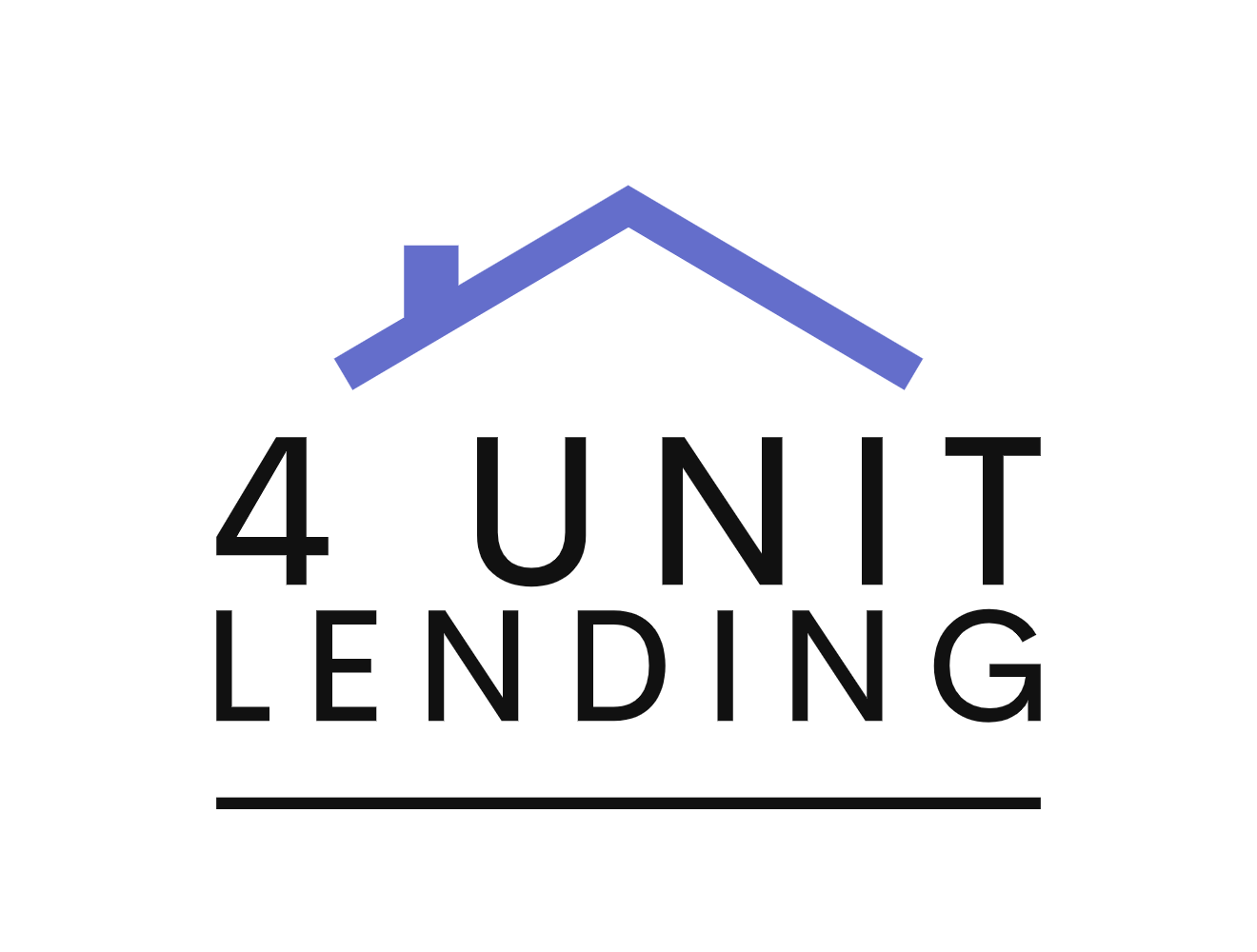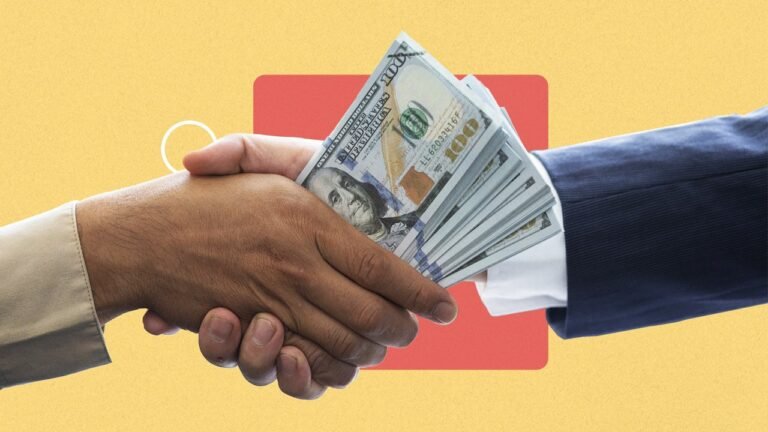
Wasan Tita/Getty Images: Illustration by Issiah Davis/Bankrate
Key takeaways
In real estate, a down payment is a portion of a home’s purchase price the homebuyer isn’t financing with a mortgage. The buyer makes the down payment upfront at closing.
Depending on the buyer’s finances and the type of loan, down payments can range from as low as 3 percent to 20 percent or more. Some mortgage programs don’t require a down payment at all.
A larger down payment reduces the amount borrowed with a mortgage, translating to a lower monthly mortgage payment and less interest paid overall.
What is a down payment on a house?
A down payment on a house is the portion of the home’s purchase price not paid for with a mortgage.
The more money you put down, the less you’ll borrow for the mortgage and the more home equity you’ll have from the outset. If you’re buying a $400,000 home, for example, and putting 10 percent down, you’ll take out a mortgage in the amount of $360,000: $400,000 minus 10 percent of that, or $40,000.
How do down payments work?
Most mortgage types require some amount of down payment. You’ll make the down payment at closing as part of the cash to close payment. If you made an earnest money deposit — the initial “good faith” deposit made when your home offer gets accepted — it’ll be applied to your down payment amount.
The down payment funds then move to an escrow account managed by a real estate attorney or settlement officer. This third party disburses the funds to the seller, who ultimately receives the down payment.
The requirement for a down payment protects both the homebuyer and mortgage lender. When a buyer contributes their own funds to the purchase of a home, they’re far more likely to repay the mortgage and maintain the home.
For the buyer, a down payment also translates to immediate equity that could be leveraged later on with an equity line or second mortgage.
In addition, that equity protects against becoming underwater — when a homeowner owes more on their mortgage than what their home is worth.
For lenders, a larger down payment equals less risk: They can lend out smaller sums and minimize the hit if a homeowner were to stop repaying the mortgage and the lender needed to foreclose.
Generally, a bigger down payment makes it easier to get approved for a mortgage and allows you to buy more house for the same monthly payment, or even less. You’ll also qualify for a lower interest rate, saving you money over the course of the mortgage.
Down payment example
Here’s a breakdown of a 30-year fixed-rate mortgage at a 6.5 percent interest rate for a $375,000 home, using data from our mortgage calculator and mortgage insurance estimates from Freddie Mac’s PMI calculator:
Home price
Down payment
Monthly principal and interest
Monthly PMI
Total monthly payment
$375,000
$11,250 (5%)
$2,299
$342
$2,641
$375,000
$37,500 (10%)
$2,133
$219
$2,352
$375,000
$56,250 (15%)
$2,014
$89
$2,103
$375,000
$75,000 (20%)
$1,896
$0
$1,896
Note this example does not factor in the potential interest rate savings associated with a larger down payment. For instance, a 20 percent down payment might qualify you for a lower interest rate compared to the rate offered with a 10 percent down payment.
How to choose the best down payment amount
A larger down payment has benefits, but it’s not necessarily the best decision for every homebuyer. Consider these pros and cons:
Pros of a bigger down payment
Smaller monthly payments: Let’s look at the difference between 3 percent down and 20 percent down on a $400,000 home. With a 30-year loan at a fixed 6 percent interest rate, the bigger down payment translates to a monthly mortgage payment savings of around $400. Use our down payment calculator to run your own scenarios.
Lower lifetime interest charges: Those smaller monthly payments add up to significant savings in the long run. In that $400,000 home example, a 20 percent down payment would save more than $78,000 over a 30-year mortgage.
Potentially better terms: Lenders like to see larger down payments. By putting more of your own money into the transaction, you’re borrowing less of theirs, which can put you in the running for the lowest rates possible.
Ability to skip mortgage insurance: If your down payment is at least 20 percent on a conventional or FHA loan, you won’t have to pay mortgage insurance.
Cons of a bigger down payment
Potential to stretch your savings too thin: If you’re draining nearly all your savings to make a bigger down payment, you’re putting yourself in a precarious position as a new homeowner, especially when an emergency cost or home repair inevitably pops up.
The need for more time to save: You might be tempted to keep saving up money to make a bigger down payment, but that strategy can backfire. While you’re trying to cut every expense, home prices might still be rising at a pace you can’t keep up with.
Tips to save for a down payment
Budget: Take a look at your monthly income and identify areas where you can reduce spending or temporarily halt spending while you’re saving.
Be strategic about where you put your savings: Keep your money somewhere that provides a return, like a high-yield savings account or certificate of deposit (CD). With a CD, keep your timeline in mind. If you know you’ll buy a home sooner rather than later, you might not want to tie your savings up in a five-year CD, for example.
Automate: Set up automatic deposits into your savings account, either through your employer (if you receive paychecks via direct deposit) or through your bank.
Explore assistance programs: Look into your options for mortgage down payment assistance, such as grants or low-interest or deferred-payment loans.
Don’t wait for a windfall: The key to saving for a down payment is getting started as soon as possible, even if you aren’t sure when you plan to buy a home.
FAQ
What is the minimum down payment for a house?
Why do mortgage lenders require a down payment?
Why are down payments good for homebuyers?

